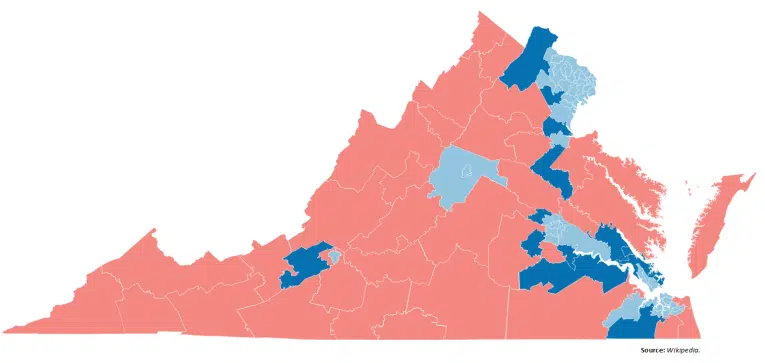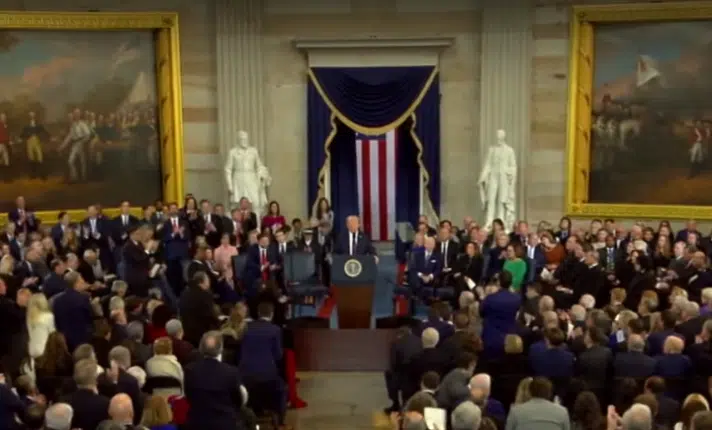By Rebekah Rast –
States are beginning to connect the dots between necessary spending and needless spending. As they work to come up with sustainable budgets the status quo is no longer affordable.
Wisconsin Gov. Scott Walker tackled his state’s budget problem by discontinuing collective bargaining rights for the state’s public union employees. His bill also requires that these employees start contributing to their own pensions and health-care coverage.
The whole nation was aware of the battle, Gov. Walker vs. public union employees, and many other states began jumping on the “it’s time to fix our budgets” bandwagon.
States like Michigan are taking it even a step further with the city of Detroit. Why not kill two birds with one stone? The city is in economic disarray and its public education system is failing. State leaders are finding a link between the cost of education and the need to cut back spending.
The solution: school choice.
The current plan in Detroit is to convert nearly a third of its public schools into privately run charter schools. These 41 schools under consideration enroll about 16,000 of the city’s 73,000 students and would operate as public school academies starting as soon as this fall.
Not only does this proposal have a good chance of improving student’s academic performance, it would also save the district millions of dollars and possibly prevent schools from closing in the city.
Michigan is already home to 250 charter schools serving more than 94,000 of its students. Academic success at these schools has so far been very favorable.
The Center for Education Reform states that Michigan students that attend charter schools have slightly higher proficiency rates than the 17 urban host districts from which they enrolled students. The data goes on to point out that in math, for example, “52 percent of African American students at charters scored proficient or advanced, while only 47.3 percent of non-charter students from the host districts achieved at this level.”
One of the most significant perks of charter schools are they give students and parents a choice.
“Charter schools give parents more options of where to send their child,” says Americans for Limited Government’s (ALG) Rick Manning. “Also, charter schools have more freedom from the many regulations of public schools. Charter schools allow students and teachers more authority to make decisions. Instead of being accountable to rules and regulations like public schools, charter schools are focused on the students and academic achievement and upholding their charter.”
Another big different between a charter and public school, most charter schools are not subject to a teachers union.
“About 95 percent of charter schools are non-union,” says Mike Antonucci, director of the Education Intelligence Agency (EIA). This causes a lot of opposition from teachers unions. “Unions lose members,” he says whenever a new charter schools opens. “Every teacher in a charter school means one less union member and unions want more money. This can put a dent in union’s bottom line.”
And this will be the battle Michigan will have to fight.
The Wall Street Journal reports, “In Detroit, teachers in the new charter schools wouldn’t be covered under the current union contract, according to officials. But Keith Johnson, president of the Detroit Federation of Teachers, said any removal of teachers from the union’s current contract wouldn’t be legal under state law and ‘would not happen under my watch.’ ”
The plan for additional charter schools is currently left in the hands of the Detroit School Board, though Michigan state legislation is attempting to hand this authority over to the emergency financial managers in the state.
If Detroit is able to adopt this plan it is expected to save the district more than $99 million.
As a possible battle between Detroit’s teachers unions and the school district and possibly even the state gets underway, it is important to note that one reason this charter school plan is being closely evaluated is due to pension costs.
District spokesman Steve Wasko wrote in an email to the Wall Street Journal that pension costs were a major financial reason for the proposal.
Like Wisconsin, Michigan faces a similar battle with its public union employees. State budgets simply cannot support their pension systems.
If this proposal is not adopted and these schools in Detroit are not converted to charter schools it is likely they will close altogether in order to help eliminate the state’s deficit, costing teacher’s jobs and student’s educational opportunity.
Will unionized public teachers put the students first and be willing to forego their union membership and teach at a charter school, or will they fight tooth and nail like they did in Wisconsin and force these schools to close leaving students without a school or teacher?
The teachers should do what they were hired to do, and that is to teach and put the children first.
Rebekah Rast is a contributing editor at Americans for Limited Government (ALG) News Bureau. You can follow her on Twitter at @RebekahRast.







